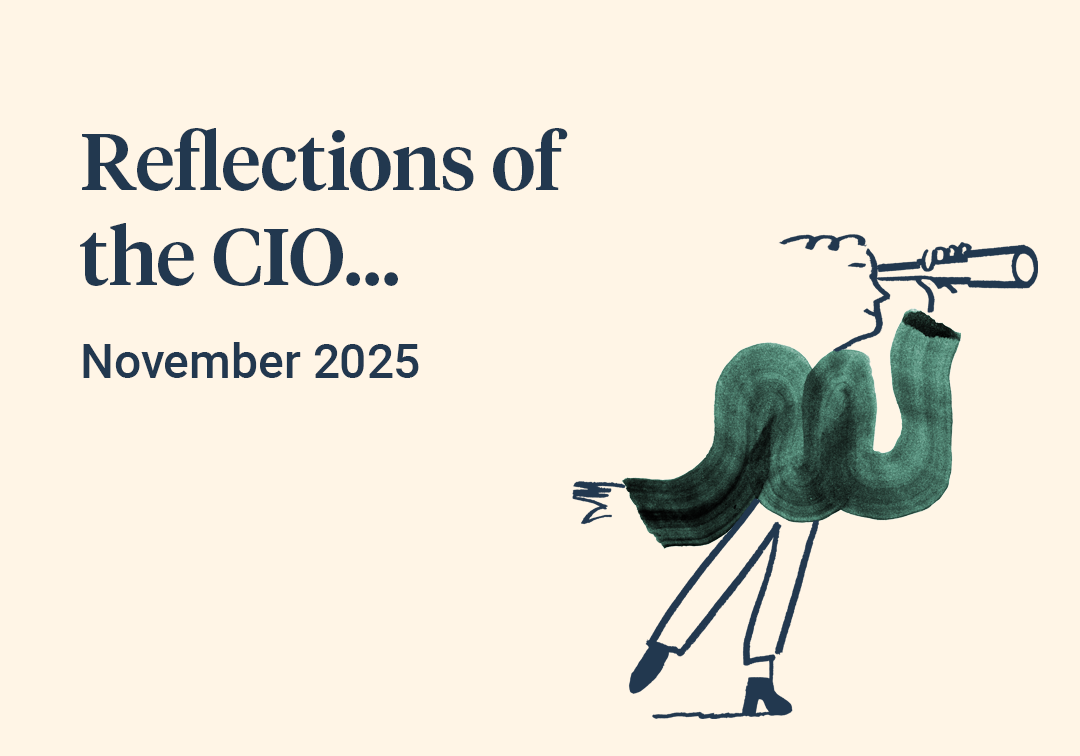November was a month when market performance was dominated by political influences on both sides of the Atlantic. A Republican party clean sweep in the US elections grabbed most of the headlines. However, events in Europe were also important, albeit drowned out a little by the pending arrival of President-elect Donald Trump.
The market response to the election result in America was unambiguous – a rally in the dollar, equities and a calmer bond market. The ability of President-elect Trump to deliver his ‘America First’ policies will be greatly bolstered by Republican control of Congress, with his comprehensive victory removing the uncertainty which markets had found so hard to price in advance. This uncertainty has now rolled into future years when the job will be to try to predict the extent to which actual government policy conforms to the eye catching headlines on the campaign trail. This will no doubt prove to be more of an art than a science, with one implication potentially being an increase in volatility. This outcome wouldn’t necessarily be a bad thing, as there are many investments available which do well in volatile periods and because volatility in markets nearly always produces as many opportunities as it does threats.
On also, this side of the Atlantic, November not only witnessed the fall of the German government but also the increasing focus on the budget crisis in France. The extent of investors alarm surrounding the fiscal crisis in France was reflected in the yield of French government bonds, which is now on a par with those of the Greek government, a previous poster child for instability. The absolute level of yield is now back to the levels of 2012, a crisis period now famous for Mario Draghi saying that he would do ‘whatever it takes’ to protect the Euro. Certainly, a strong, co-ordinated response is desperately needed to help drag core Europe up from the low growth trap it is currently mired in, and we may indeed come to see that as we move through 2025. However, for the moment, it is difficult to construct a convincing investment case for assets in the European arena and we continue to generally avoid it in client portfolios.
In the Asian region, all eyes remained on China and its responses to its domestic issues and to the new incoming US administration. Plans to stabilise the housing market before moving on to revive consumption and recapitalise financial institutions are indeed in motion, but the ability to accelerate them effectively hinges on just how aggressive the new US administration will be in relation to trade and tariffs.



